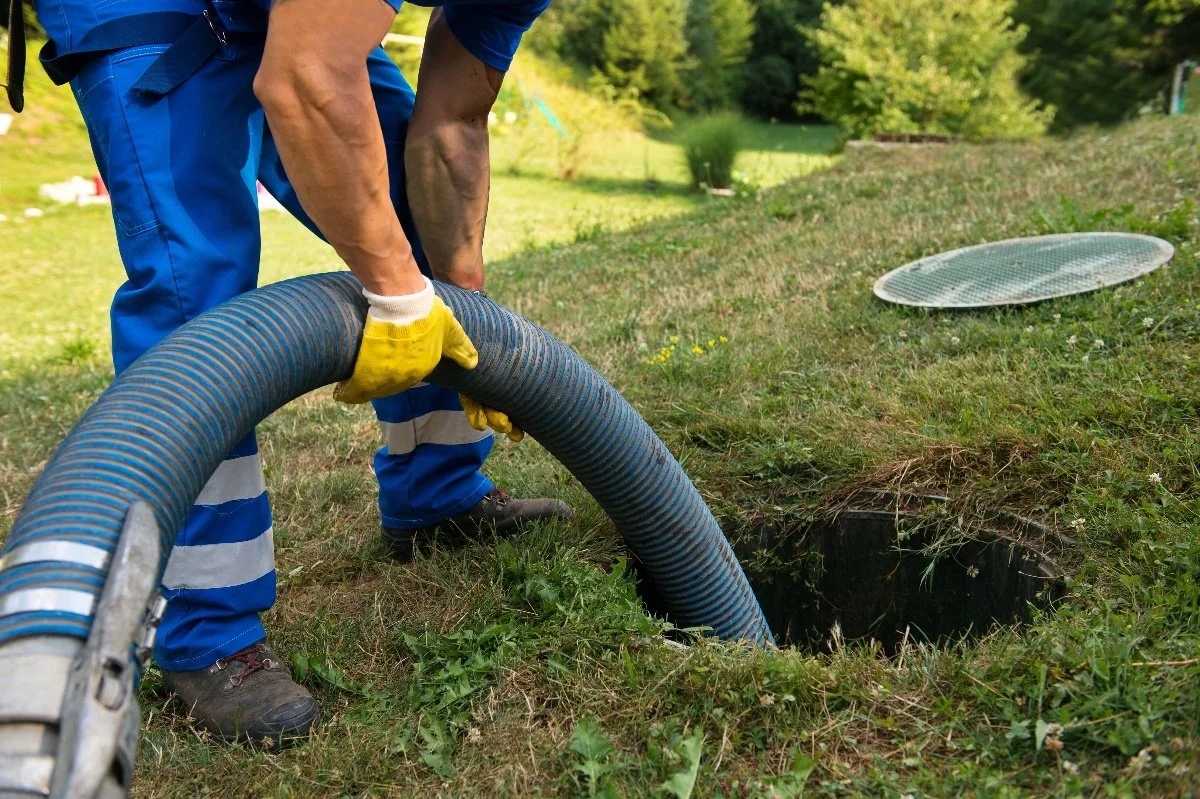Sewer vs. Septic: Which Is Better For Your Plumbing?
RH Business Marketing Solutions
Plumbing is a crucial part of your home, providing vital water and waste removal. You want your system to last long, and any required maintenance should be done promptly. But one of the most common questions for homeowners is which type of plumbing system they should have, sewer or septic? This article will help you determine which system is best for your family.
What is a Septic Tank?
A septic tank system is a way of treating wastewater that flows through your home, including the toilet and sinks. It consists of a tank of concrete or other heavy materials into which the wastewater flows. The tank can be up to 2 feet underground. The wastewater flows into an outflow pipe and then into the soil to be broken down and absorbed. The most common brand of septic tank system is called a "tank and field" system. This system includes an underground tank with a separate field where bacteria break down the waste in the soil, so it can be removed without returning to your home. The tanks are also known as "septic vaults."
What is a Sewer?
A sewer system is just like it sounds. It is a system of pipes that carry wastewater to a separate location. In some cases, these systems are connected to homes, but for the most part, they are located in a specific area near your home. Sewers will often lead to a treatment center or a wastewater facility where the water can be treated before disposal into lakes and streams. The water treatment in this way removes hazardous chemicals and prevents raw sewage from backing up into your home or creating hazards downstream.
What Kind of Circumstances are Best for Septic
When you have a septic system, you must consider where to place the tank. You must ensure that the soil is porous enough and not frozen because the bacteria used to break down the waste in a septic system need soil to do its job. Because of this, it is best if you can place your septic tank on your lawn or somewhere other than a driveway or concrete surface. This is also a critical consideration when you are building a house.
You must also consider the materials from which the septic tank is made. Plastic tanks cannot be used in areas with high water tables because of the risk of the system overflowing and causing a leak into your home. Steel tanks are better for this kind of application, as they can handle much more force than plastic, which can cause problems if the tank ever gets bent or damaged. If you are building a house, you might also want to consider a concrete tank. These are very strong and can handle all kinds of weather, though they are much more expensive than other materials.
What Kind of Circumstances are Best for Sewers
There are several different kinds of sewer systems, which include "sanitary sewers," "combined sewers," and "storm sewers." Each of these has its own set of conditions and limitations. Sanitary sewers carry only household wastewater from homes and commercial buildings and lead to a treatment plant. Combined sewers carry both sanitary wastewater and stormwater runoff, like rain storms. Again, they lead to a treatment plant. Storm sewers carry only stormwater. These are often combined with sanitary sewers in large cities and towns but not in rural areas. Again, they lead to a treatment plant.
Because of the chemical nature of household wastewater, there are specific locations where sewers cannot be installed. For example, they cannot be placed under gravel or on steeply sloped land because wastewater will back into your home if it has nowhere else to go. Homeowners should also think about what kind of climate they are living in. If you live somewhere that is prone to flooding; your sewer system will have to be able to withstand the high water levels and strong winds that can cause damage.
Is One Better Than the Other in General?
Neither one of these systems is better than the other in general. It all comes down to your specific needs and how you want to live. An environmentally friendly choice would be a septic tank. At the same time, a more urban family might prefer having their wastewater treated at a treatment facility instead of on their land. If you have the option of both systems, it is always a good idea to install both to have backups in case one system fails. You may also want to consider how you dispose of your wastewater articles. A septic system will allow you to do that, while a sewer system might mean that your wastewater must be treated before being sent into the water table.
Finally, if you are building a new home, it is best to install either system for both aesthetic and environmental reasons. This can be done in conjunction with a landscaping plan that features plants known to break down the chemicals and toxins in your wastewater. These plants will help keep the water clean so that it can easily be absorbed into the ground instead of running off your land and causing problems for ecosystems downstream.
Conclusion
Choosing between a septic tank and sewer system is often a difficult decision. Each of these systems has its advantages, disadvantages, and deterrents. If you look at your location, the climate in which you live, your water table level, and other factors, you can decide which system will work best for you and your family. You should always consider your options and ask yourself what you want to do with your wastewater, how you want to dispose of it, and how you want to treat it.
Written by Taylor Thompson, a digital PR Specialist representing ADB Septic.
